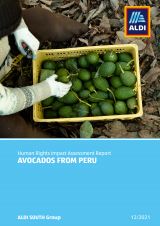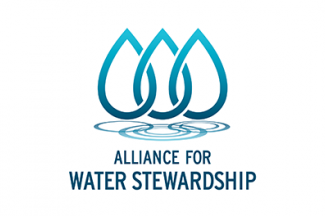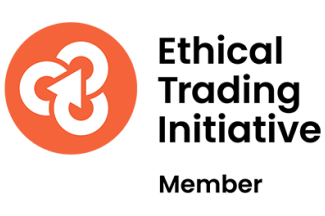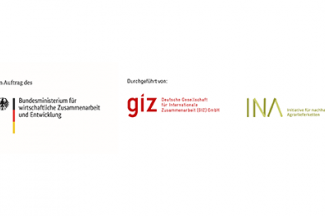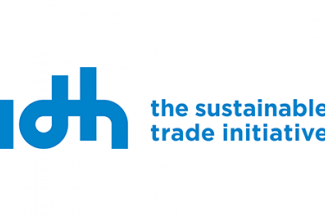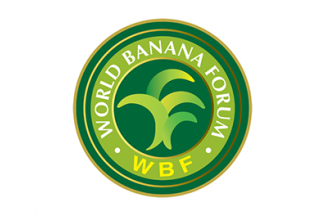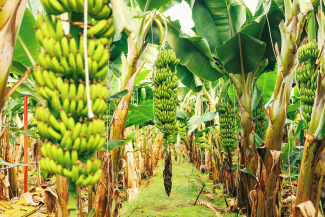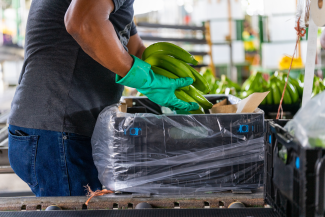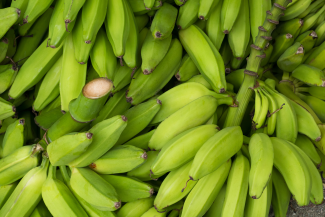
Tropical Fruit
Our Approach
Human rights violations and environmental risks are key challenges when sourcing tropical fruit. To meet these challenges head on the ALDI SOUTH Group has developed an International CR Strategy recognising that increasing the number of sustainably sourced products is key in driving social and environmental change. This applies to both our supply chain and our customers buying habits. We understand that by working collaboratively with our business partners and stakeholders across the industry, fair working conditions and environmentally friendly production of the tropical fruit sold in ALDI stores is possible.
Our Actions
Transparency
We attach great importance to sustainable production conditions in the manufacturing of food and non-food products. Supply chain transparency is the foundation for all our sustainability measures. Without the knowledge where our products come from, we cannot ensure compliance with our requirements, analyse risks, monitor or implement projects. We work with our business partners to increase the transparency of our supply chains so that we have a better understanding of the origins of the products we sell and the raw materials we use in our products.
In 2023, we published the names and addresses of our direct business partners (tier 1 suppliers) for bananas & pineapples.
Certification and Standards
We apply social and environmental requirements for suppliers at grower level for bananas, pineapples, and other tropical fruit such as mangos and avocados. The ALDI SOUTH Group uses independent certification schemes when buying tropical fruits, by using these certification schemes, we can ensure that ALDI products are sourced in an environmentally friendly and social manner.
Bananas
Since 2019, all European and US ALDI stores exclusively offer bananas that are certified according to the Rainforest Alliance standard or organic bananas in combination with either Fairtrade certification or the GLOBALG.A.P. Risk Assessment on Social Practice.
Pineapples
All pineapples sold in our European and US stores are certified, mostly according to the Rainforest Alliance standard. Alternatively, pineapples may also be certified according to the Sustainably Grown or Fairtrade standard.
Other fresh tropical fruit
For all other fresh tropical fruit, the requirements for social compliance on farm level are based on a risk-based approach regarding third-party social audits as well as requirements on good agricultural practices.
Fresh fruit and vegetables
For ALDI SOUTH Germany, HOFER Austria and internationally bought products for ALDI SUISSE, a standard for good water management is required at farm level since mid-2022 for our top 15 selling fresh fruit and vegetables originating from a water critical region.
Supply Chain

Business Partner Management
Our business partners have an important role in implementing our commitments and ensuring compliance with our requirements throughout the supply chain. We foster open and constructive dialogues with our suppliers to improve the sustainability of the tropical fruit sector.
Producer assessments
We have started to conduct our own producer assessments on plantations in relevant countries of origin. This enables us to carry out spot checks to verify how the producers work in our supply chain and how our requirements, in particular the ‘ALDI Business Partner Sustainability Standards’, are being implemented and met.

Supplier evaluations
We have established an annual Corporate Responsibility Supplier Evaluation (CRSE), an approach that goes beyond conducting audits. The aim is to increasingly integrate sustainability-related metrics into our buying decisions. The CRSE is a comparable and transparent evaluation based on quantitative and qualitative indicators. The indicators focus on our business partners’ social and environmental risk and compliance management systems as well as their farms’ or production facilities’ CR performance. They are derived from our international CR Requirements and expectations, which form part of every contract.
We successfully piloted this approach with our banana suppliers in 2019, and further expanded the evaluation to include pineapple suppliers in 2020. For 2022, we are preparing a further roll-out to other high-risk tropical fruit products. In line with our Vision 2030, we are committed to sourcing 80% of our buying volume from high-risk supply chains from A and B rated suppliers as part of a stepwise approach over the coming years.
Dialogue with suppliers and producers
Our buying and CR team, together with our suppliers and representatives of our sustainability standards, Rainforest Alliance and Fairtrade, jointly visited banana producers in some of our most relevant producing countries in March 2019, e.g. in Ecuador and Guatemala. In Ecuador, we met with banana producers that voiced their concerns about pricing and sustainability in an open letter a few months earlier. We had a very constructive dialogue that contributed to a better mutual understanding of the existing challenges along the banana value chain.
Human Rights
We respect human rights and do our part to improve living and working conditions throughout our supply chains.
Human Rights Risk Assessment

We regularly conduct human rights risk assessments to examine the human rights risks within our food and agriculture supply chains. The aim of these assessments is to identify any adverse impacts our company may have on human rights, gain insights into our actual impacts and understand how we may be involved through our own activities or as a result of our business relationships.
We determined tropical fruit as a raw material with a high risk of adverse impacts on the enjoyment of human rights and consider it most important to the ALDI SOUTH Group.
Human Rights Impact Assessment
We are developing specific measures to prevent or mitigate adverse human rights impacts identified during our risk assessment in 2018. ALDI has committed to carry out detailed human rights impact assessments (HRIAs) that follow a stringent methodological approach, including extensive background research and engagement with rightsholders. Through these studies, we strive to identify, understand and assess the potential and actual adverse impacts of our business activities on workers and other affected rightsholders, such as community members, smallholder farmers and women. We have published the results of three HRIAs in selected high-priority raw materials, including Avocado.
Stakeholder Dialogue & Capacity Building
We believe the best way to protect the people and the environment is through joint initiatives and partnerships. For this reason, we engage in various multi-stakeholder initiatives and projects on the ground.
Our CR Performance
of bananas and pineapples sold in our European and US stores are certified (since 2019)
Library
Sustainable Development Goals
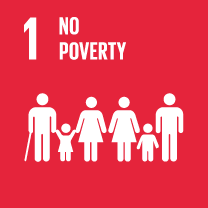
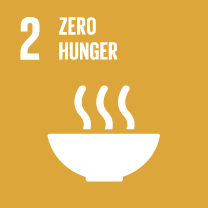
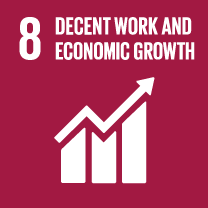
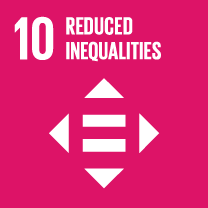
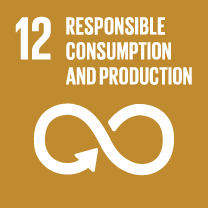
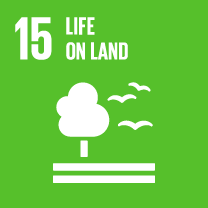
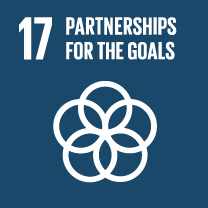
UNGC
Human Rights
Principle 1
Support and respect the protection of human rights
Principle 2
Not complicit in human rights abuses
Labour
Principle 3
Uphold freedom of association and recognition of right to collective bargaining
Principle 4
Elimination of forced and compulsory labour
Principle 5
Abolition of child labour
Principle 6
Elimination of discrimination in respect of employment and occupation
Environment
Principle 7
Precautionary approach to environmental challenges
Principle 8
Promote environmental responsibility
